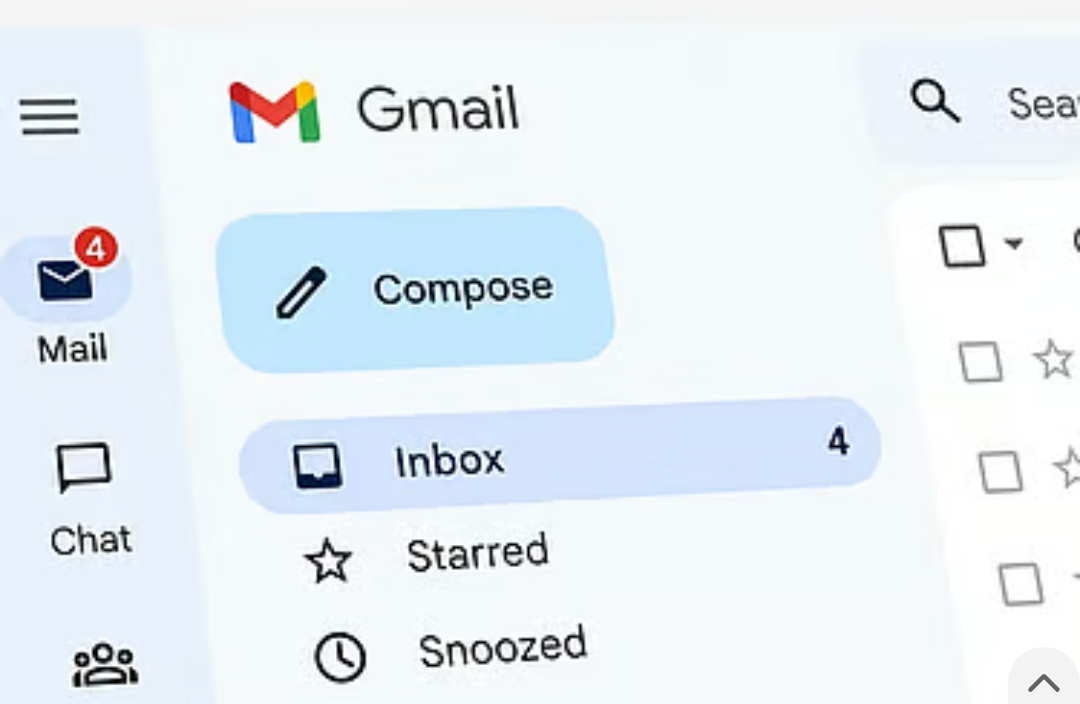Desk Report,
Instead of “Hope you’re well,” start your email in a way that makes the reader read the whole thing.
When writing an e-mail, we often say something like, ‘I hope you are well’ or in English, ‘Hope you are well’. This sentence is written for the sake of politeness and there is nothing wrong with it. But now it is used so much that some people do not even read the rest of the e-mail if they see this sentence at the beginning.
Instead of “Hope you’re well,” start your email in a way that makes the reader read the whole thing.
Especially if you send the e-mail to someone with whom you are talking after a long time, then this sentence may seem completely mechanical or uninteresting to them. In other words, such sentences have become like ‘autopilot’ in e-mail.
People have very little time in their hands these days. So if you want to bring the e-mail to someone’s attention, you need to say something at the beginning that makes the reader stop and pay attention.
Mechanical sentences: We often start our e-mail in a way that makes it seem as if a machine has copied and pasted it. That is, you can easily send the same sentence to hundreds of people. Such sentences do not really attract attention.
Sudden request for help or something: Asking for help or something directly when you have never spoken to someone before is like asking for money from a stranger.
Empty well-wishes: ‘Happy Monday’ or ‘I hope you have a good week’—in most cases, these
start with something very simple. That is, start the conversation the way you would normally do. It could be by bringing up a previous conversation, or in a slightly more sincere tone. Here are some examples—
Remind yourself of something from before: If you have a previous acquaintance with the person you are emailing (even if it is only for a short time), you can use this tactic. If you give them a clue about where your previous conversation ended, they will be interested.
For example—
‘I met you at such and such an event last month, it was nice talking to you.’



